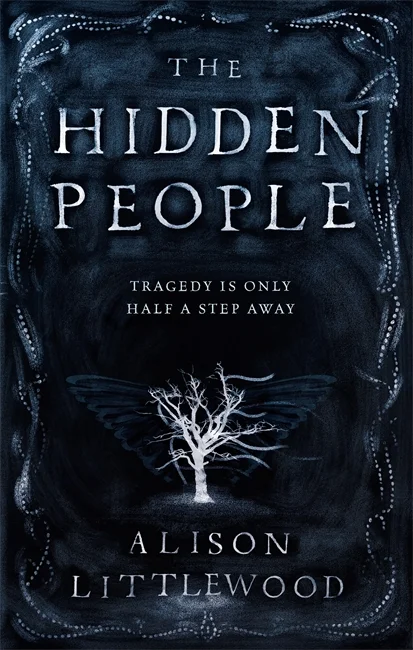Review: Sunrise by Scott Abel
/Buy on Amazon | Barnes and Noble
Scott Abel’s recently published book Sunrise tells the story of a boy whose whole life is torn apart after a painful tragedy. We are introduced to a blood-chilling representation of human suffering. Guilt, unbearable pain and a sense of complete hopelessness set the overall mood of this book.
As we enter its fictional world, we learn that this boy, Parker Austin, considers himself responsible for his sister’s death in a mass shooting that took place during a football game at his school. On the other hand, many consider him to be a hero. He had saved so many lives during the shooting. Yet, he had failed to save his sister. After all, his little sister died while he survives. A promising football player and team quarterback, Parker trains professionally on his high school team. He and his fellow teammates had been anticipating this game, the biggest one of the year, but, quite inexplicably, a tragedy had extinguished their excitement. For the remainder of the novel, Parker suffers from profound guilt.
The book encourages readers to enter Parker’s consciousness and see the entire experience through his eyes. One character is, however, fighting to support him. An angel named Marie is Austin’s guardian and is dedicated to saving his fate no matter what. A dark nemesis covets his soul, and Faust-like, good and evil forces fight for it. The book offers a unique discussion of the battle between good and evil.
With a nod to Milton’s Paradise Lost, it explores the deep recesses of the human conscience. We encounter a character at war with himself.
The boy could not have stopped all the bloodshed. While many characters throughout the novel keep telling him that he is not guilty, he still cannot stop blaming himself. What he may not realize is that he had already saved so many lives, and, in the end, there was nothing he could really do to help the situation. The book poignantly portrays the character’s battle with his conscience as we see him overwhelmingly depressed past the point where anyone’s sympathy could save him.
In addition, as we read, we are encouraged to think more deeply about the themes it explores. After all, so many shootings on different campuses occur regularly. It is an ongoing struggle. The book effectively draws attention to pressing issues on campuses today. Mass shootings, violence, and hate crimes have taken so many lives. In fact, as many of us may be duly aware, it is often enough for one person to suddenly start shooting at people randomly. As soon as the individual finds a reason to despise humanity and to exterminate everyone in sight, then he or she would do it.
The book shocks the reader. From beginning to end, we live through painful moments. We encounter characters who suffer and do not see the end of pain. Is there a saving grace like the hand of an angel that could help the situation, encourage Parker to get back to his life, and help his family live through this? There must be. Because if there is nothing that could help all these miserable characters, then the book offers no hope, no sense of victory, and, especially, no relief. And yet, it ends on a more redeeming note. At least, Parker is trying to move on. We get the sense that he might still live through it. After all, angels are on his side, this side of paradise.



















































